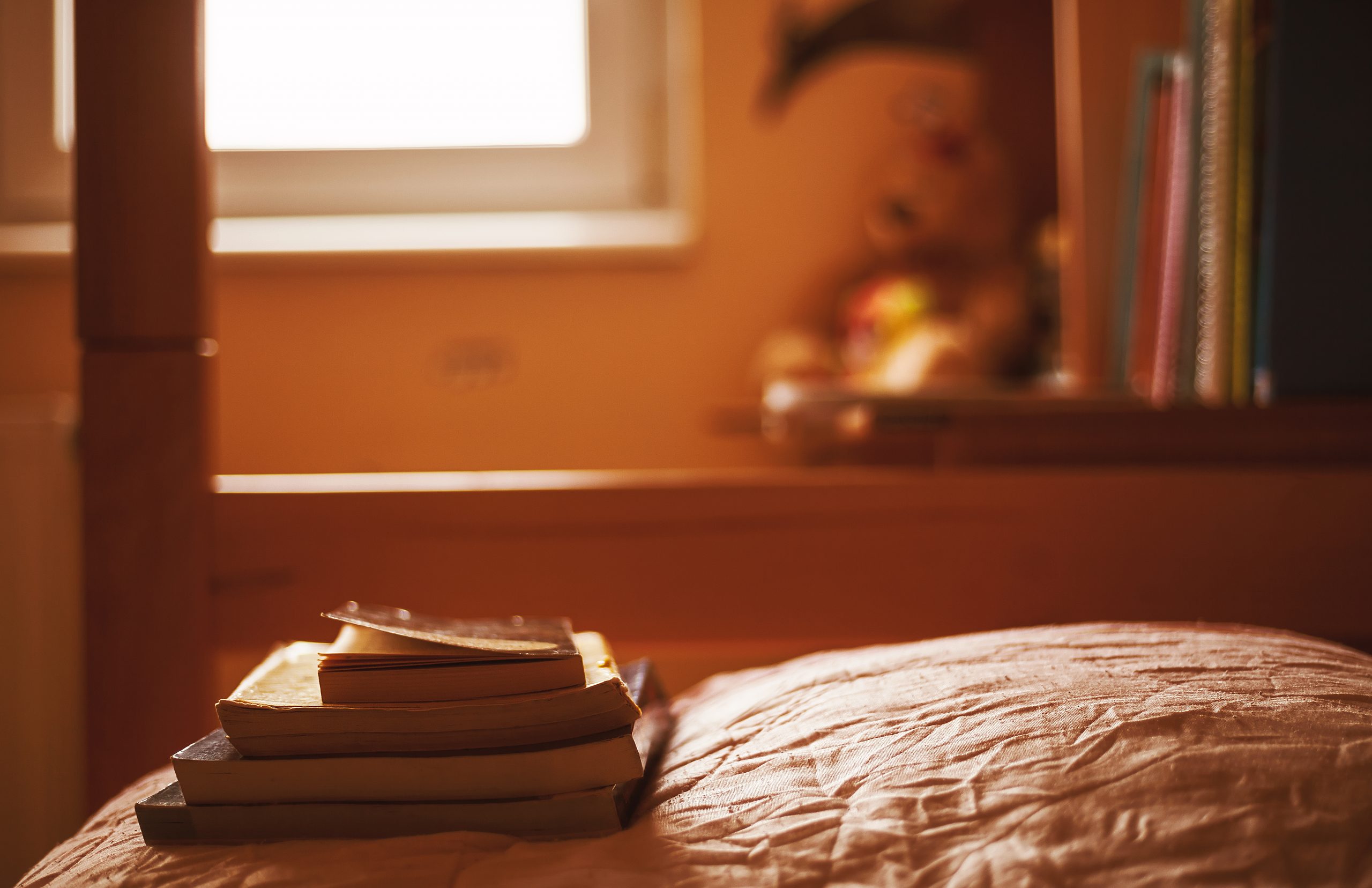One of the essential concepts for sleep apnea sufferers to understand and address is sleep hygiene; this term refers to the habits and rituals of a good night’s sleep and the simple things that affect your slumber. As sleep apnea sufferers already experience disturbed nights, it’s particularly essential for them to practise adequate and regular sleep hygiene. In this article, we share with you the sleep hygiene practices every person with sleep apnea should know, and the importance of these rituals in managing this condition.
Short naps
For most sleep apnea sufferers, fatigue is an issue difficult to handle, and most sufferers rely on the mid-afternoon nap to re-energise them. However, good sleep hygiene dictates minimising naps to short, thirty-minute sessions to avoid disturbing or impacting a full night’s sleep.
Exercise is key
It’s common knowledge that exercise is important for your health and longevity, but especially for sleep apnea sufferers, exercise will help regulate sleeping patterns. While the form of exercise doesn’t have to be excessive, as walking is considered efficient, it’s more important for the activity to be regular, consistent and avoided just before bedtime.
Nourish wisely
Food is a significant trigger for sleep apnea sufferers, with many people reporting their symptoms intensifying after the consumption of rich, spicy or fatty foods. Each person reacts differently to these types of foods, so it’s best to understand which foods are your trigger and avoid their consumption before bedtime, or during times when your symptoms are worse.
Bedroom oasis
If you have been fitted with a CPAP machine to control your sleep apnea, falling asleep can prove challenging, especially in the beginning. Creating a sleep space that is inviting and comfortable is essential, so you can easily relax and fall asleep naturally. Coupled with a de-stressing bedtime routine, such as meditation, a relaxing bath or reading a book, your bedroom setup creates a space that induces sleep.
Avoid stimulants
Excessive consumption of alcohol, caffeine and nicotine, especially before bedtime, can contribute to being unable to fall asleep or your continual waking, even with a CPAP machine. Healthy, balanced living is vital for sleep apnea sufferers, and this basic sleep hygiene practice emphasises the power of avoiding these toxins.

